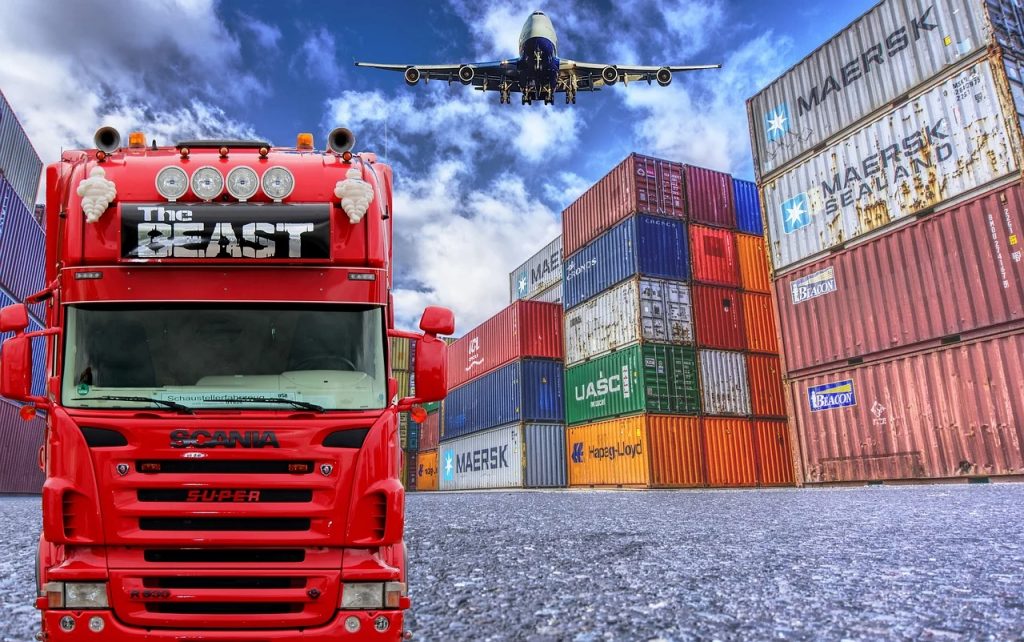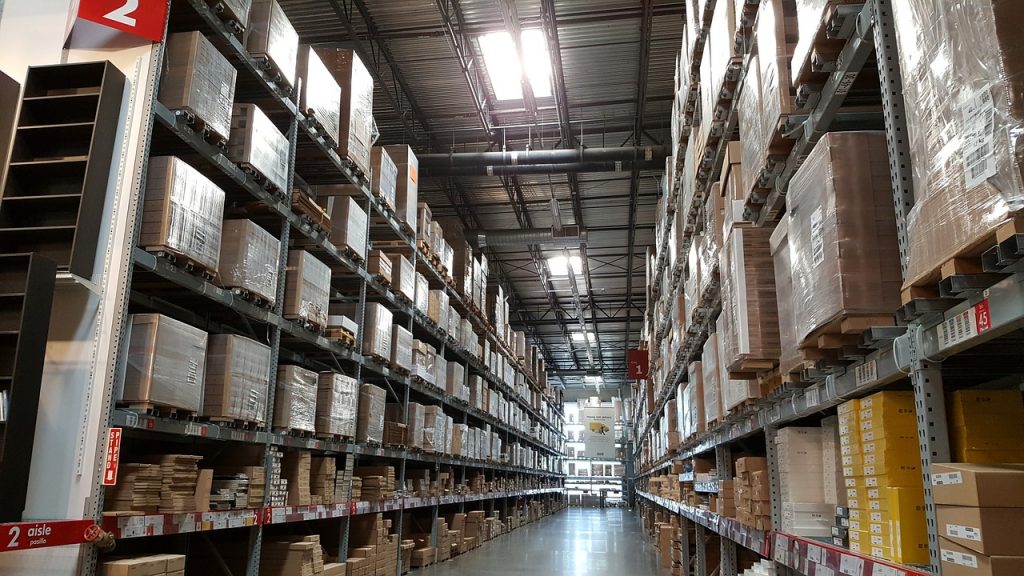Why Supply Chain Strain Is More Severe Than Ever
Find out why the supply chain is suffering worse than ever.
This article is more than 2 years old

Many supply chains have been affected negatively by the ongoing war in Ukraine. With threats of violence, businesses and manufacturing plants were forced to shut down. Many of these factories are imperative to the supply chain, distributing necessary goods and technology to external countries. With massive sanctions on Russian exports and Ukraine’s enterprises collapsing, the world is experiencing the direct effects of this geopolitical disaster.
Steel, an important manufactured good in Ukraine, saw most of its factories close at the start of the invasion. Andrey Bibik, head of Interpipe’s steel plant in Dnipro, Ukraine, shut down his plant immediately after the attack began. The steel transmission pipes made at this plant are primarily exported to the United States, where Texas oil companies use them to transfer the product. The pipes are also used in other parts of Europe for their fast-paced train systems. This pipe halt has put a massive burden on the supply chain since many countries rely on Ukrainian steel.
Though the Interpipe had a significant amount of orders to fulfill, there’s nothing much Bibik and his employees could do. Many of the excused workers didn’t flee the country but joined the Ukrainian army to fight back Russian invading forces. Bibik knew that he could not continue the plant safely or justifiably, which led to his decision to close the factory and send everyone home. This decision was made by many corporations around Ukraine, choosing between fulfilling the supply chain or letting employees flee or defend their country.
Supply chain halts have cropped up in most industries around Ukraine. Many plants have shut down due to the growing concerns of war, but others did due to the clogged transportation ways leading out of Ukraine. Refugees fleeing Ukraine eastward have blocked roads leading out of the country, and the railways have primarily been utilized to lead the war victims into Poland. The prioritization of human life over profit has shifted the focus of Ukraine from exporting goods to ensuring its people are safe.

Though seemingly a tiny percentage, Ukraine’s global exports affect the transnational supply chain. Ukraine’s exports account for 0.3% of all exports worldwide. This has a damaging effect on particular suppliers who rely on Ukraine’s steel industry. Russia’s whopping 1.9% of all global exports concerns other nations that depend on Russia’s natural gases and raw metals like nickel and copper.
The sanctions against Russia and Ukraine’s indefinite hiatus on manufacturing have put supply chain strains on the automotive industry. Wiring harnesses, a necessity in luxury cars, have been almost impossible to obtain since the invasion of Ukraine began. German parts supplier Leoni has two of its central automotive plants in Ukraine, which paused many of its orders due to geopolitical violence. This has caused chaos for fancy car brands worldwide, relying on necessary parts to complete their vehicle production.
The senseless violence initiated by Russia is threatening supply chains all over the globe. With continuous sanctions against the country and Ukraine’s closure of various plants, demand and cost for integral products are reaching unimaginable heights.




